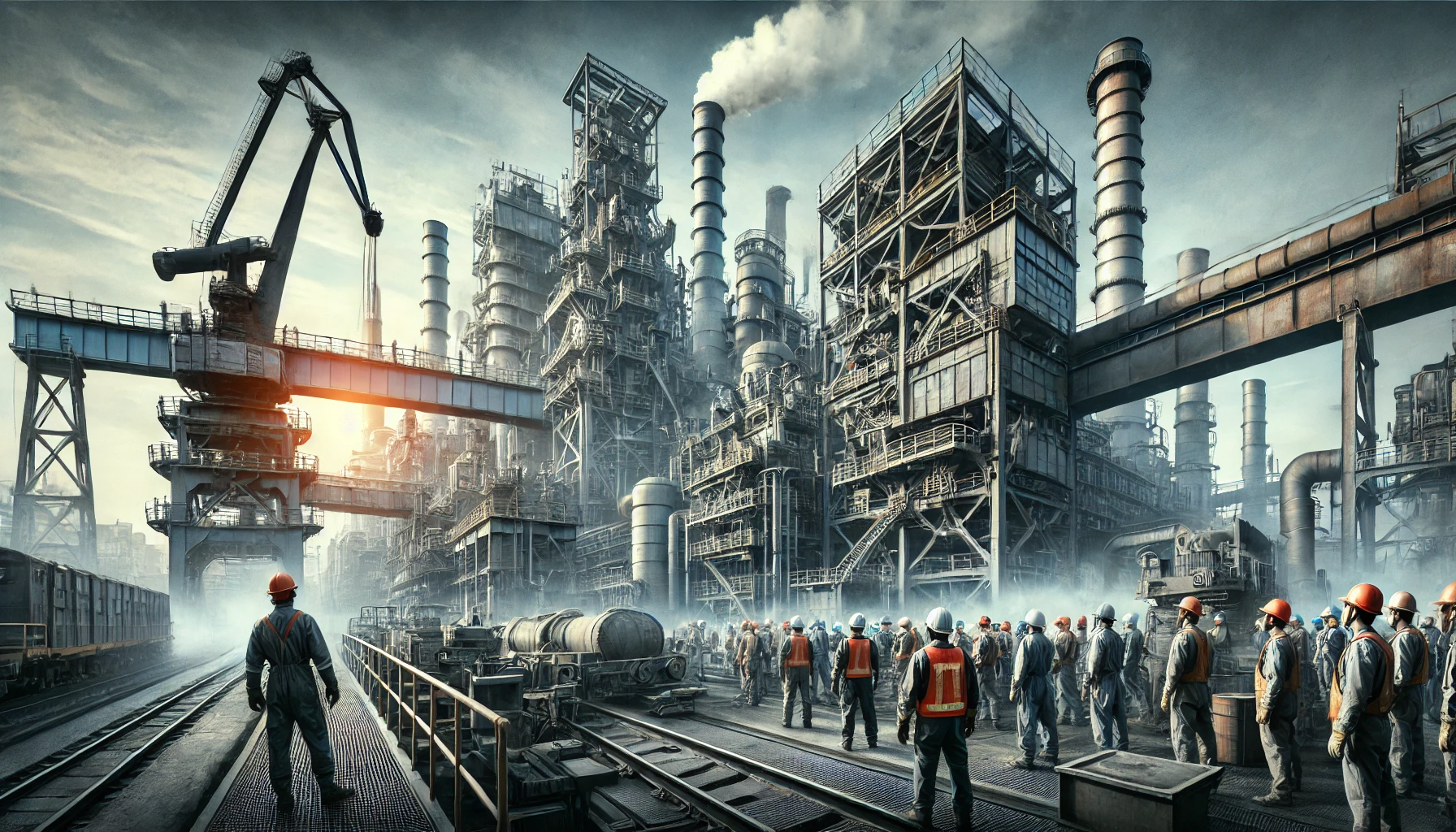In a significant move, Nippon Steel has postponed the closing date for its $14.9 billion acquisition of U.S. Steel, extending the deadline from late 2024 to the first quarter of 2025. This delay comes as U.S. President Joe Biden contemplates whether to approve the deal, which has been met with strong opposition from unions and political figures.
Nippon Steel’s decision to acquire U.S. Steel last December at a premium price was part of a competitive bidding process. However, the deal has faced considerable pushback, particularly from the United Steelworkers (USW) union, which fears job losses and the potential impact on workers’ rights. Additionally, political leaders, including Biden, have expressed concerns about foreign ownership of vital U.S. industries. Biden has publicly advocated for U.S. Steel to remain under domestic control, emphasizing national security concerns.
The situation is further complicated by statements from former President Donald Trump, who has vowed to block the deal once he takes office. As the clock ticks down, the U.S. government’s Committee on Foreign Investment in the United States (CFIUS) has referred the case to Biden, giving the President 15 days to make a final decision. If Biden does not intervene, the deal could proceed by default, leading to a rare green light for foreign acquisitions of U.S. companies.
Despite these uncertainties, Nippon Steel remains optimistic, urging Biden to conduct a fair and thorough review. In a statement released on Thursday, the company emphasized its commitment to maintaining and growing U.S. Steel’s operations. “Nippon Steel hopes that the President will use this time to conduct a fair and fact-based evaluation of the acquisition. We remain confident that the acquisition will protect and grow U.S. Steel,” the company said.
Investor confidence in the deal remains cautious. U.S. Steel shares, which have been trading below the proposed $55-per-share offer price, rose by 1.7% in early trading. This disparity suggests that market participants are still uncertain about the acquisition’s completion timeline, given the political and regulatory hurdles still in play.
Japanese Prime Minister Shigeru Ishiba has also weighed in on the issue, urging Biden to approve the merger in order to strengthen the U.S.-Japan relationship. This appeal highlights the broader geopolitical context of the deal, which is seen as a potential test case for U.S. policy on foreign investments in critical industries.
Along with the scrutiny from political figures, Nippon Steel is also undergoing an antitrust review by the U.S. Department of Justice, which has yet to conclude. The company has refrained from specifying when this review will be completed, adding another layer of uncertainty to the transaction.
Despite the vocal opposition, U.S. Steel’s shareholders overwhelmingly approved the acquisition in April, signaling broad support from investors. Additionally, Nippon Steel has taken steps to address concerns raised by labor unions and politicians. The company has committed to relocating its U.S. headquarters to Pittsburgh, where U.S. Steel is based, and ensuring that all existing agreements between U.S. Steel and the USW are honored.
The fate of this high-stakes deal now rests in the hands of President Biden, whose decision will have far-reaching implications not only for the future of U.S. Steel but also for U.S.-Japan economic relations and foreign investment policies in the U.S.
